Chance Decker wrote the following article for the June edition of Construction News magazine. Chance explores how a missed lien deadline and nonpayment don’t always spell the end for a subcontractor’s recovery efforts. In certain scenarios involving questionable contracting arrangements, provisions of the Texas Property Code may allow subcontractors to assert lien rights typically reserved for original contractors, though pursuing this option requires thoughtful analysis due to potential legal risks.

Imagine you’re a subcontractor who hasn’t been paid in months, and the general contractor you did the work for has disappeared. Your lawyer tells you that your statutory lien deadline has passed, and thus, you don’t have any rights against the owner. You’re stuck, and your prospects of payment seem negligible. Do you have any options?
One solution may be Section 53.026 of the Texas Property Code—the Sham Contract Statute. This statute provides:
“A person who labors or furnishes labor or materials under a direct contractual relationship with a purported original contractor is considered to be an original contractor for purposes of perfecting a mechanic’s lien.”
Section 53.001(7-a) of the Property Code defines a “purported original contractor” as
“… an original contractor who can effectively control the owner or is effectively controlled by the owner through common ownership of voting stock or ownership interests, interlocking directorships, common management, or otherwise, or who was engaged by the owner for the construction or repair of improvements without a good faith intention of the parties that the purported original contractor was to perform under the contract.”
Thus, the statute elevates a subcontractor who contracts with a “sham” or “purported” original contractor into original contractor status for purposes of perfecting mechanics’ liens if:
- The owner can effectively control the original contractor or the original contractor can effectively control the owner through:
- Common ownership of voting stock or ownership interests;
- Common management,
- Or otherwise, or
- The original contractor was engaged by the owner without a good faith intention that the original contractor would actually serve in that capacity.
Though this statute and its predecessors have been on the books for decades, caselaw interpreting it is scant. However, the cases below answer several important questions about the statute.
- Does the Sham Contract Statute apply to Constitutional Liens? Yes.
“[B]y changing a subcontractor’s position in the construction contract chain, the statutory provisions allow a subcontractor hired under a sham contract to assert and enforce a constitutional lien because he is deemed to have a direct contractual relationship with the owner.”
Trinity Drywall v. Toka Gen. Contrs., 416 S.W.3d 201, 212-13 (Tex. App.—El Paso 2013, pet. denied). - Does the Sham Contract Statute apply to contractual liability? No.
“[C]onsidering Chapter 53 in its entirety, it is clear that the only reasonable and just interpretation of section 53.026 is to construe ‘in direct contractual relationship’ as an effort to effectuate the timetables for filing liens and not an effort to control liability of an owner.”
Southwest Properties, L.P. v. LITE-DEC of Texas, Inc., 989 S.W.2d 69, 72 (Tex. App.—San Antonio 1998, pet. denied). - Could the Sham Contract Statute subject a claimant to fraudulent lien liability if Sham Contract allegations are made without sufficient evidence? Yes.
“[T]here was evidence that [Owner] and [Contractor] were not unified in interest, such that those entities had a ‘sham contract,’ and that [Subcontractor] had no reasonable basis to state otherwise in the affidavits. This evidence supports a finding that the liens were filed in bad faith, or with dishonesty, or a lack of integrity, and thus were fraudulent.”
Charter Drywall Houston, Inc. v. Matthews Investments Southwest, Inc., 2023 WL 3476909 at *6, Tex. App.—Houston [14th Dist.] 2023, no pet.).
Thus, in certain narrow circumstances, the Sham Contract Statute can excuse a subcontractor’s failure to serve a pre-lien or “trapping” notice for its statutory lien and make a Constitutional Lien available to the subcontractor. The Constitutional Lien is self-executing (does not require a notice filing) and can be enforced for up to four years. So, before throwing in the towel on your payment claim, evaluate whether the Sham Contract Statute might apply to your situation.
About the Author
Chance Decker is a Principal in the San Antonio office of Cokinos | Young and is an aggressive and tactical litigator. Chance focuses on resolving high-stakes disputes for businesses in the energy, pipe and steel distribution, construction and real estate industries. He can be reached at (210) 293-8725 or cdecker@cokinoslaw.com.
About Cokinos | Young
Cokinos | Young has led Texas construction and real estate law for over three decades. And today, our 100+ dedicated professionals operate coast to coast and proudly handle all aspects of construction law for owner/developers, project managers, general contractors, design professionals, subcontractors, sureties, and lenders. We provide both dispute resolution and transactional services to clients through all phases of commercial, industrial, pipeline, offshore, civil, and residential construction. Our reputation was built on relentless commitment to client service and the industries we serve, and that remains our primary driver. Dedicated. Resilient. Expertise. That’s Cokinos | Young. Learn more at cokinoslaw.com.

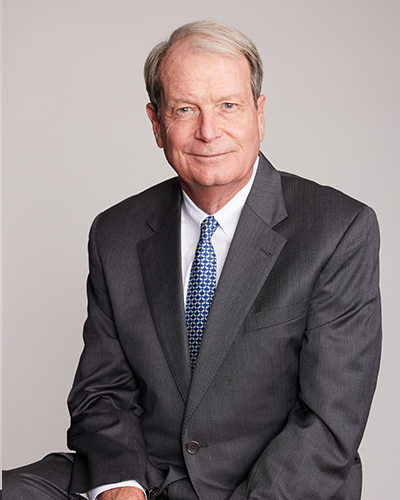

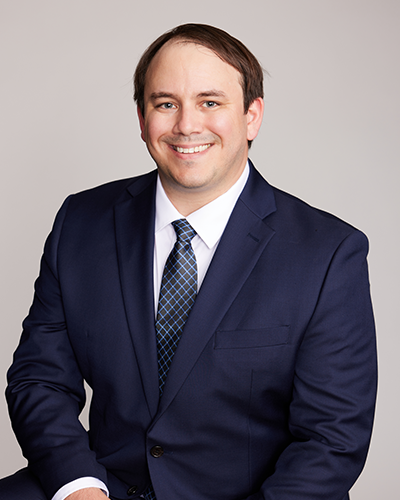

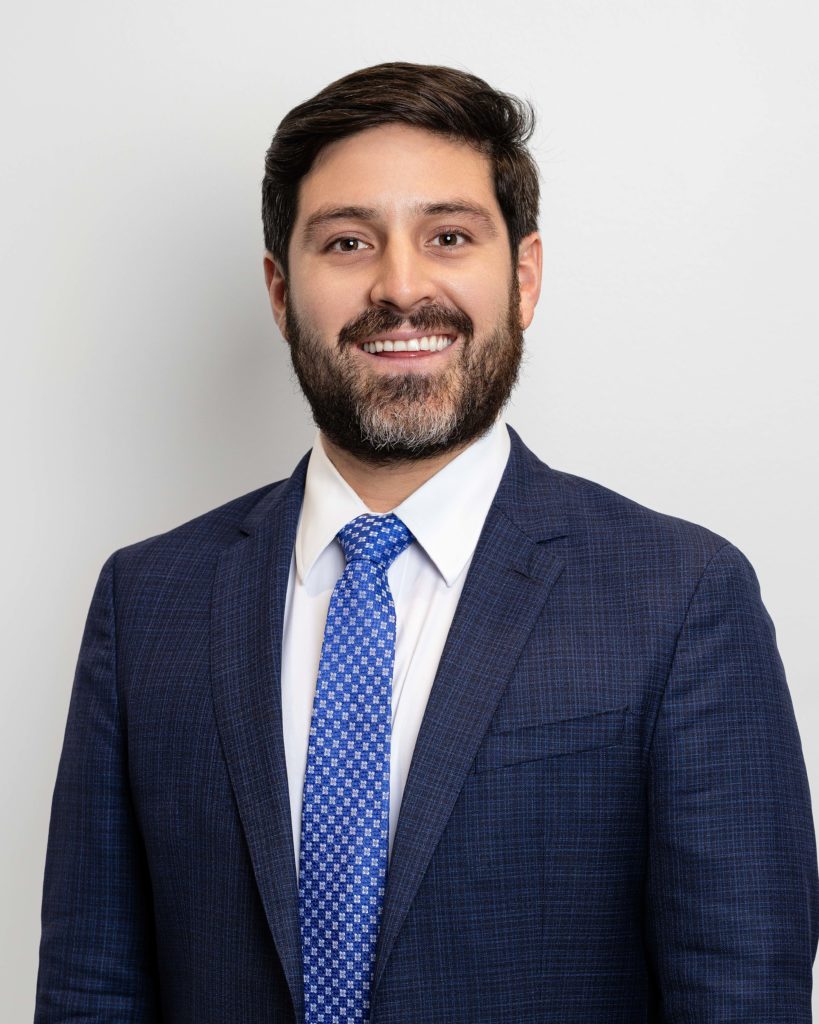
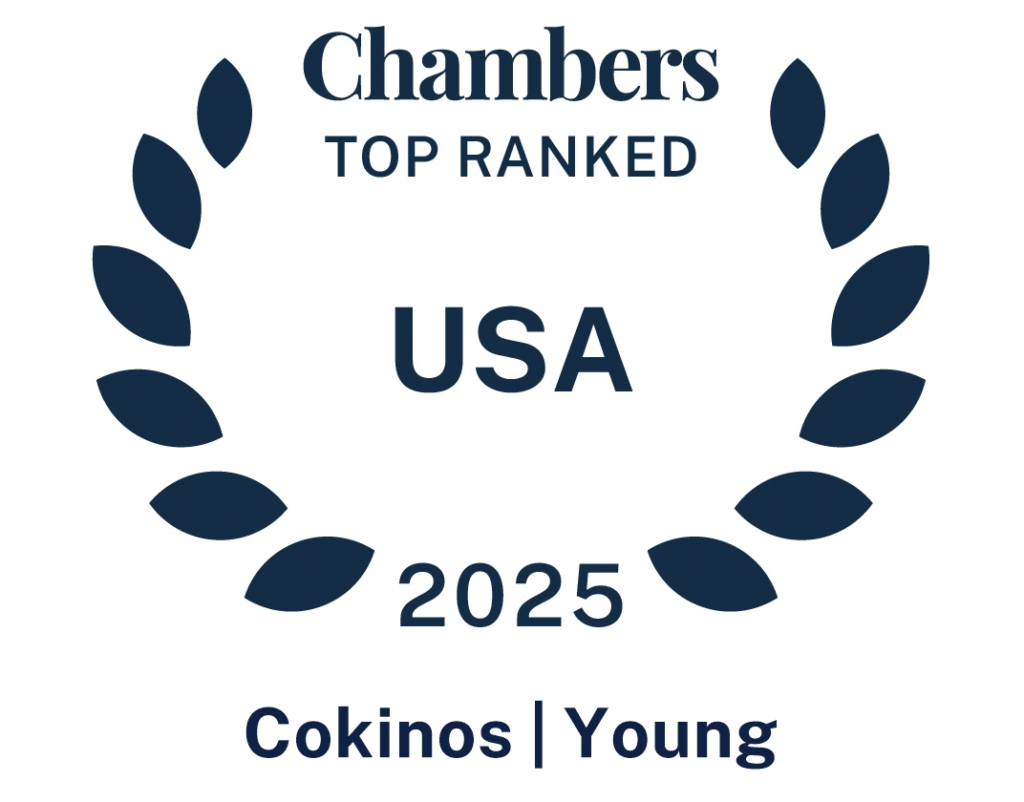











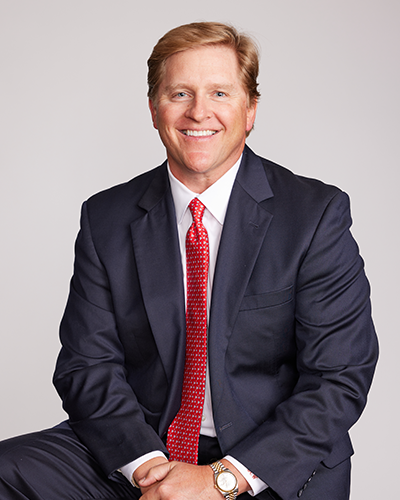

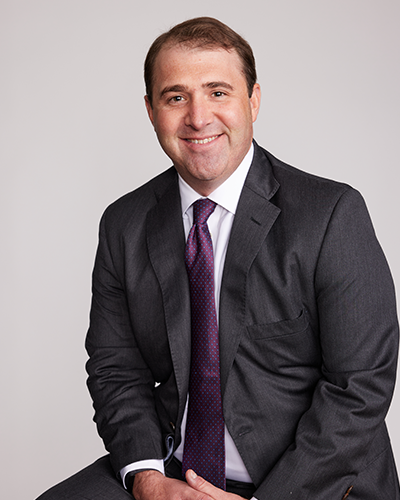
Recent Comments